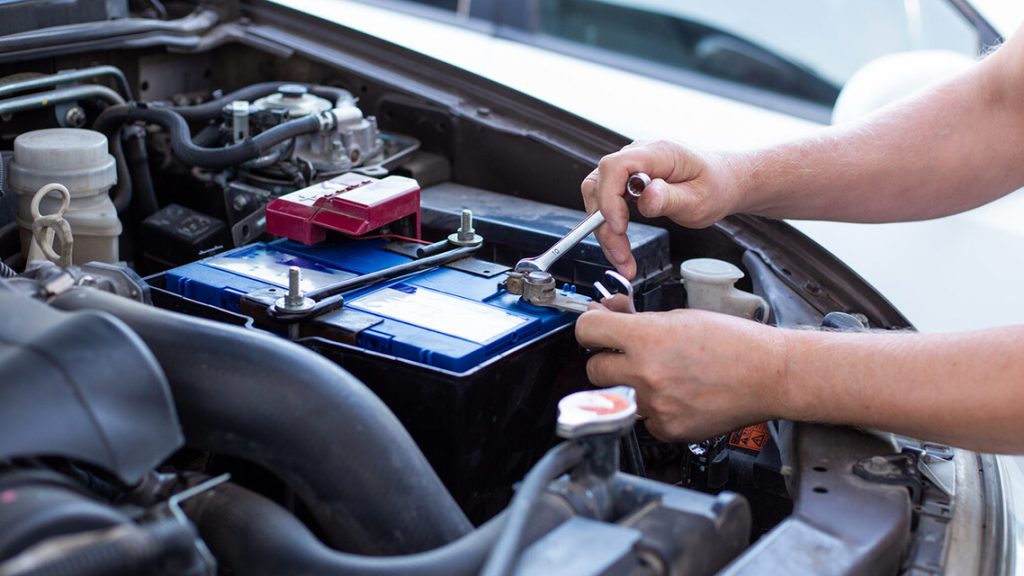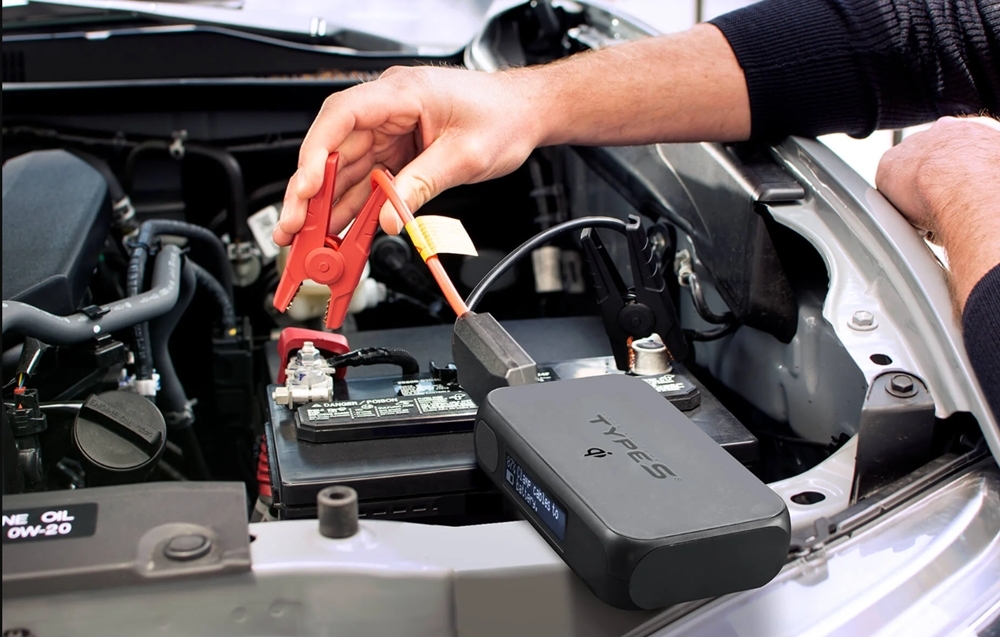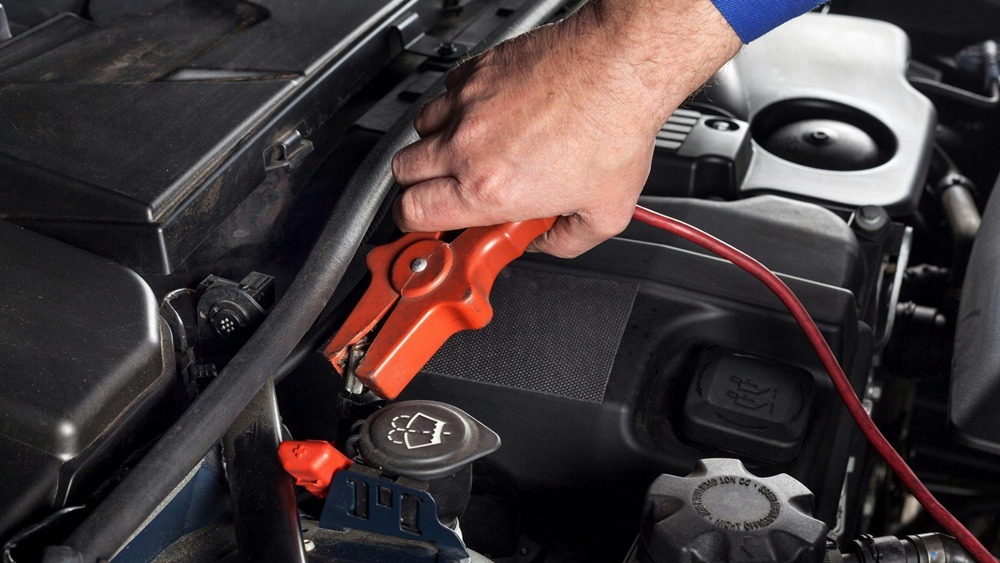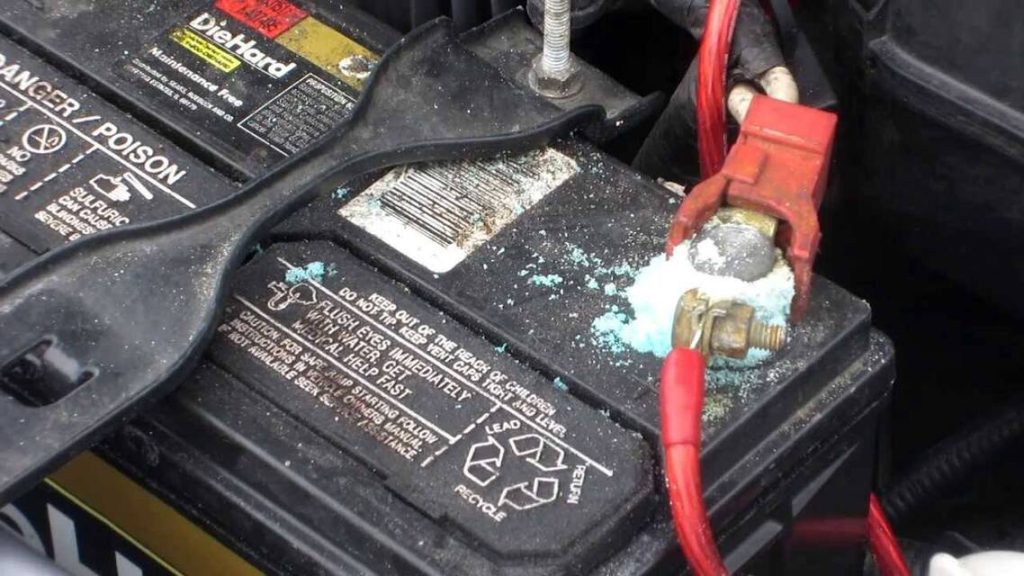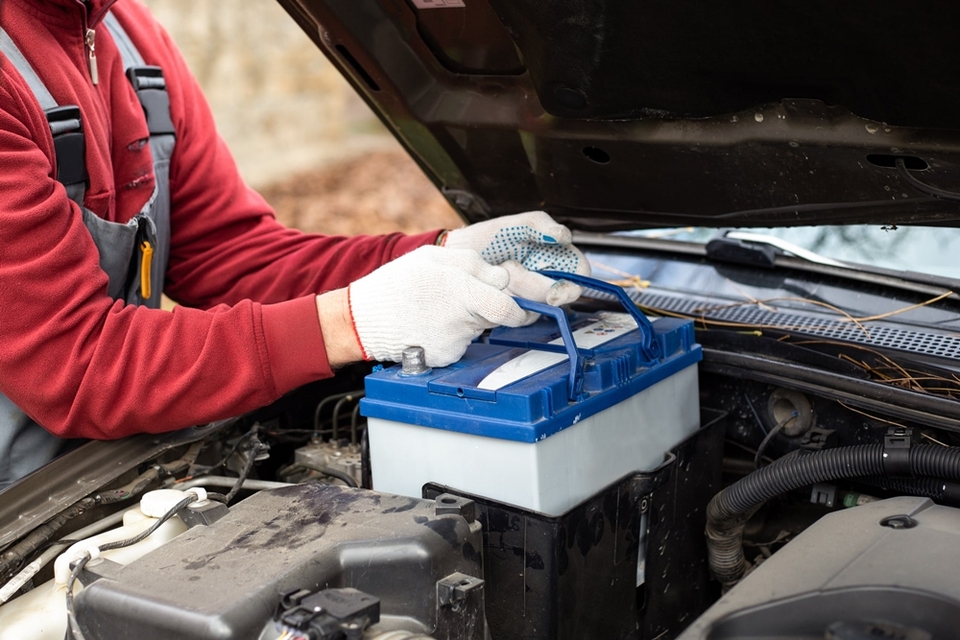Why does my car battery keep dying?: A car battery that repeatedly dies can be a frustrating and inconvenient issue, often pointing to a deeper problem within the vehicle’s electrical system or the battery itself. One of the most prevalent reasons is a parasitic drain, where electrical components continue to draw power even after the ignition is off.
Modern vehicles have numerous systems—such as the clock, radio memory, alarm, or onboard computer—that require a minimal amount of constant power. However, if a component like a faulty relay, a short in the wiring, a stuck light switch (glove box, trunk), or even an aftermarket accessory (like an alarm system or stereo) is drawing too much current, it can completely deplete the battery overnight or over a few days.
Also read: Car Battery Dying Overnight: 7 Shocking Reasons
Why Does My Car Battery Keep Dying?
Beyond parasitic drains, the age and condition of the battery are significant factors. Car batteries typically last 3 to 5 years. As they age, their ability to hold a charge diminishes due to internal wear and tear, sulfation, and acid stratification. Extreme weather conditions, particularly very hot or very cold temperatures, can accelerate this degradation and reduce the battery’s efficiency.
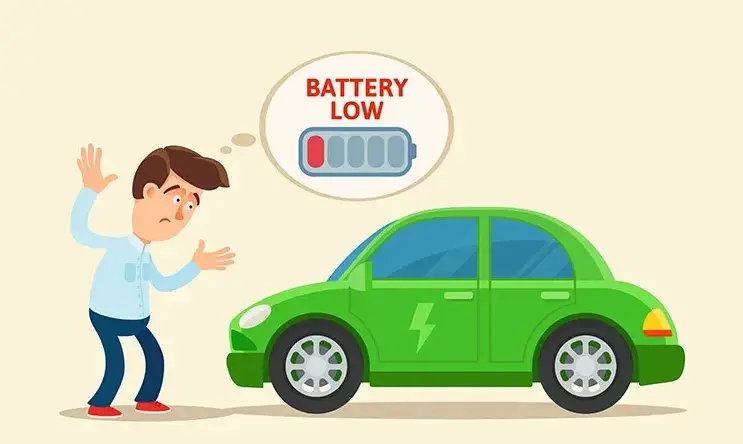
A faulty charging system is another common culprit. If the alternator, which recharges the battery while the engine is running, isn’t functioning correctly, the battery won’t receive sufficient charge, leading to its eventual demise. This could be due to a failing alternator itself, a worn belt, or issues with the voltage regulator.
Lastly, poor battery connections, such as loose or corroded terminals, can prevent proper charging and current flow, leading to perceived battery death even if the battery itself is good. Regular maintenance and prompt attention to warning signs can help extend battery life and prevent unexpected breakdowns.
Need a mobile mechanic? Find one on the Mobile Mechanic Directory

